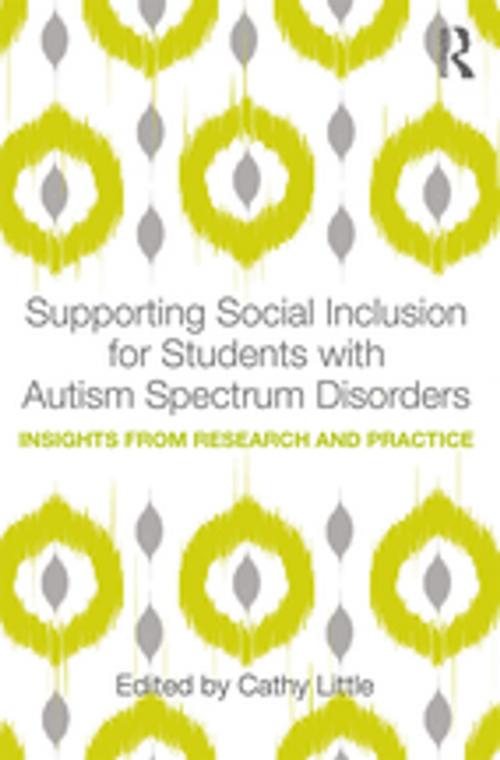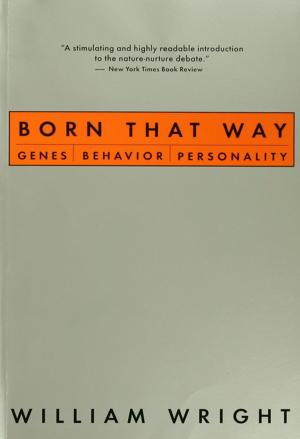Supporting Social Inclusion for Students with Autism Spectrum Disorders
Insights from Research and Practice
Nonfiction, Reference & Language, Education & Teaching| Author: | ISBN: | 9781317279723 | |
| Publisher: | Taylor and Francis | Publication: | April 21, 2017 |
| Imprint: | Routledge | Language: | English |
| Author: | |
| ISBN: | 9781317279723 |
| Publisher: | Taylor and Francis |
| Publication: | April 21, 2017 |
| Imprint: | Routledge |
| Language: | English |
Drawing together contributions from experts at the forefront of research in the field, Supporting Social Inclusion for Students with Autism Spectrum Disorders demonstrates that social inclusion is a defining feature of successful education of students with a spectrum disorder.
Divided into three parts, this book begins by proposing a contemporary and operational definition of social inclusion that will help facilitate active engagement by all stakeholders involved in supporting social inclusion within educational settings. The relationship between well-developed social skills and positive social outcomes is also explored, and subsequent chapters explicate and contextualize social inclusion across a range of educational settings. The final chapters present case studies and viewpoints from stakeholders central to the successful social inclusion of students with the disorder. Through discussion of its findings, this book provides the reader with a deep understanding of social inclusion and confirms its importance in facilitating positive educational outcomes for students with Autism Spectrum Disorder.
A unique contribution to the field, this book will be of key interest to postgraduates, researchers and academics in the area of inclusive education and Autism Spectrum Disorder. It will also appeal to those who research, study and work in the areas of special and inclusive education, and developmental psychology.
Drawing together contributions from experts at the forefront of research in the field, Supporting Social Inclusion for Students with Autism Spectrum Disorders demonstrates that social inclusion is a defining feature of successful education of students with a spectrum disorder.
Divided into three parts, this book begins by proposing a contemporary and operational definition of social inclusion that will help facilitate active engagement by all stakeholders involved in supporting social inclusion within educational settings. The relationship between well-developed social skills and positive social outcomes is also explored, and subsequent chapters explicate and contextualize social inclusion across a range of educational settings. The final chapters present case studies and viewpoints from stakeholders central to the successful social inclusion of students with the disorder. Through discussion of its findings, this book provides the reader with a deep understanding of social inclusion and confirms its importance in facilitating positive educational outcomes for students with Autism Spectrum Disorder.
A unique contribution to the field, this book will be of key interest to postgraduates, researchers and academics in the area of inclusive education and Autism Spectrum Disorder. It will also appeal to those who research, study and work in the areas of special and inclusive education, and developmental psychology.















